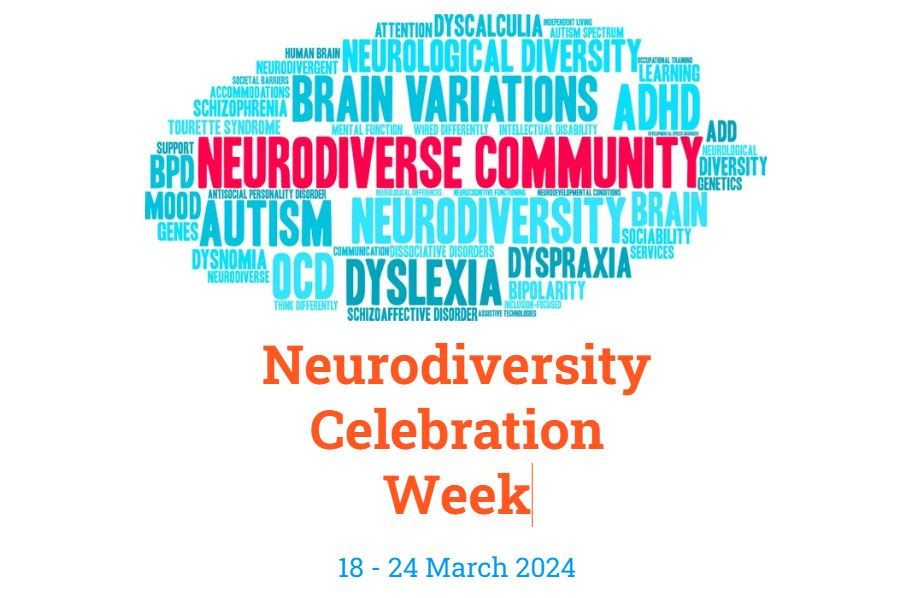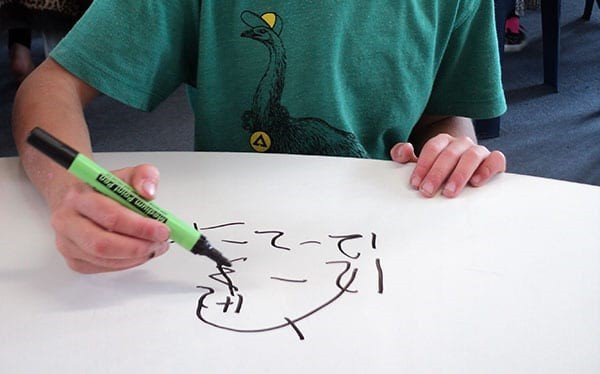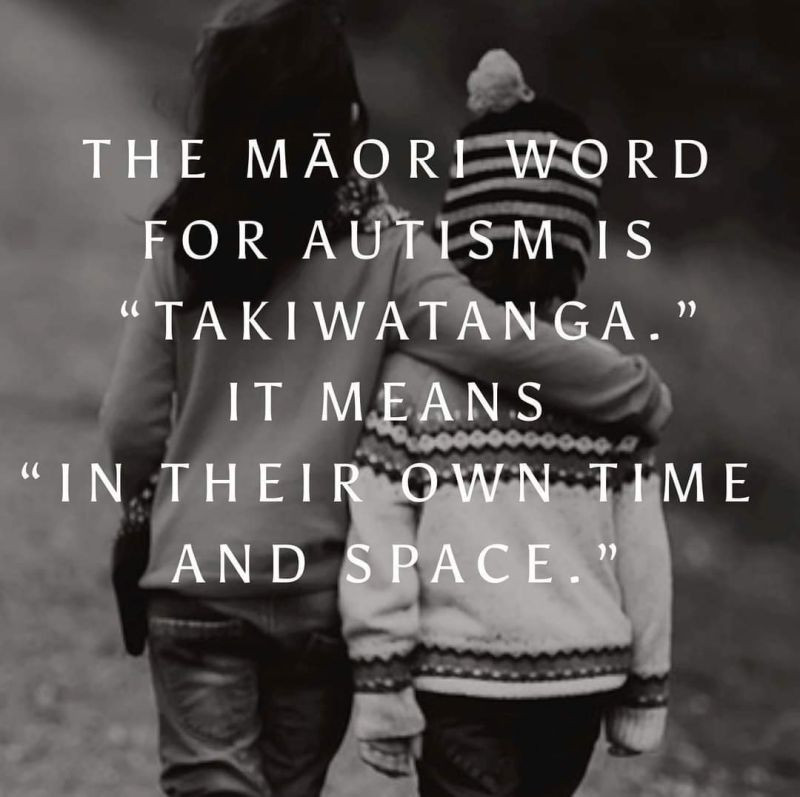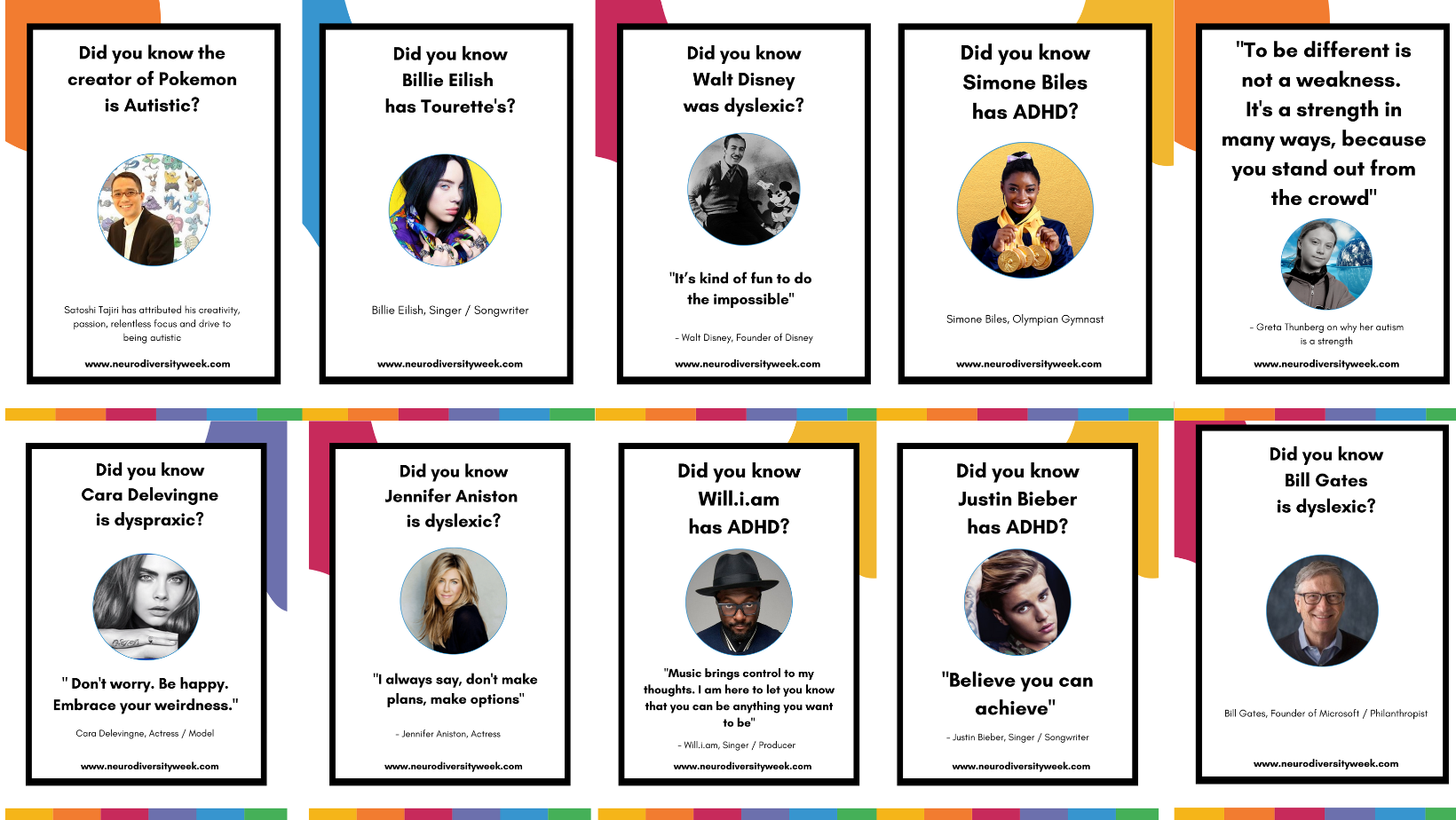
This week in line with Neurodiversity Celebration Week, teachers had professional development to introduce Neurodiversity.
Neurodiversity is an umbrella term - used to describe alternative thinking styles such as Dyslexia, DCD (Dyspraxia), Dyscalculia, Autism and ADHD. But regardless of labels, neurodiversity is about recognising those who think differently.
- Differences - We love them. They keep things interesting! However, some differences are less understood than others.
- We can all be a little kinder by knowing how some differences affect students in their day-to-day functioning at school.
- If we, as staff, know more, we can share more with our students, whānau and community - spreading kindness and understanding.
Dyslexia
Dyslexia is the most commonly known specific learning disability (SLD) but there are others that can have a dramatic impact on a person’s capacity to learn.
Simply put, dyslexia is a specific learning disability that makes it far harder to learn to read, write or do number work. It is a processing difficulty that makes achieving success in literacy and numeracy a real challenge.
Dyscalculia
It’s been described as the number one cause of maths weakness that you’ve never heard of. Dyscalculia is a specific learning disability that affects around 6 percent of the population.
Read more about Dyscalculia here
Dysgraphia
Chances are, you’ve not heard much about dysgraphia. If your child has trouble expressing his/herself in writing, despite plenty of practice and corrective feedback, you may want to.
Read more about Dysgraphia here
Dyspraxia
Developmental dyspraxia primarily affects motor function, particularly the gaining of new skills and the carrying out of those already learned. Although not considered a specific learning disability, dyspraxia sometimes co-occurs in those with SLD.
Read more about Dyspraxia here
ADHD
An estimated one in 20 New Zealanders have Attention Deficit Hyperactivity Disorder, yet it’s poorly understood and frequently remains undiagnosed, causing distress in family, school, work and social situations. ADHD sometimes co-occurs in those with a specific learning disability.
Autism (ASD)
Autism is not an illness or disease and cannot be ‘cured’. Many Autistic adults consider being Autistic as a fundamental part of their identity.
Autism is a spectrum. This means that some people are affected more than others. For example, some Autistic people do not use verbal language, while others have excellent spoken language skills but may find it difficult to understand what other people mean.
While all Autistic people share some common differences in the way they see, hear and feel the world, they all have different strengths and abilities and challenges which affect their lives in different ways at different ages and in different environments. No two people on the spectrum are the same.
Read more about Autism here
Podcast recommendation for parents and teachers:
- Sonia Gray No Such Thing as Normal:
At least 20% of New Zealanders are believed to be neurodivergent, but there is very little awareness, understanding and support for people with conditions such as ADHD, Autism and Dyslexia.
Sonia Gray has a neurodivergent daughter and is an ADHDer herself. In this 10-part series, she’ll talk to dozens of experts and people with a lived experience of neurodiversity to better understand how we can support and celebrate those whose brains are wired differently. - YouTube page recommendation for parents and teachers:
Understood Youtube page is the resource for the 70 million people with learning and thinking differences, like ADHD and dyslexia. We empower them to confidently meet their potential and thrive.




 42 Rathgar Rd
42 Rathgar Rd